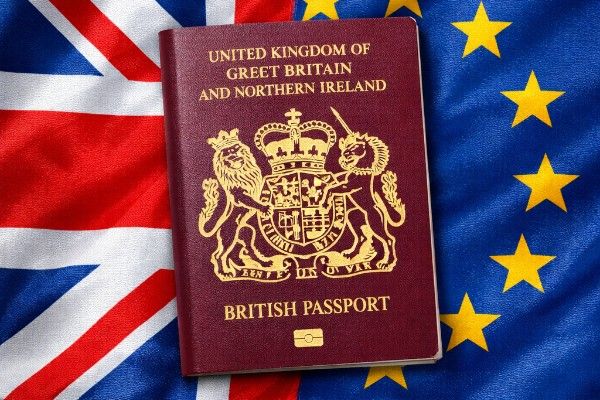NEW MIGRATION LAW – NUEVO REGLAMENTO DE EXTRANJERÍA – Published 19.11.2024
On November 19, 2024, the Council of Ministers approved a new Immigration Regulation ( Royal Decree 1155/2024, of November 19, approving the Regulation of Organic Law 4/2000, of January 11, on the rights and freedoms of foreigners in Spain and their social integration ) in Spanish: Real Decreto 1155/2024, de 19 de noviembre, por el que se aprueba el Reglamento de la Ley Orgánica 4/2000, de 11 de enero, sobre derechos y libertades de los extranjeros en España y su integración social.
This new law of Immigration Regulation represents a major reform in immigration law, and changes the previous law of 20211 and the modifications that have been made since.
At Bennet & Rey we are studying this Regulation with our pens and coloured markers, and we will keep you informed in more detail.
The new Regulation seeks to align Spanish legislation with European Union guidelines, and aims to simplify procedures, strengthen legal certainty and expand the rights of migrants. It also incorporates measures to combat fraud and labour exploitation.
When does it come into force, i.e. when does it start to apply? May 20th 2025, i.e. 6 months after its publication.
New features of the new Regulation:
–A simpler visa and authorisation scheme is created.
– Initial residence permits will last for one year , while renewals will be extended to four years , which provides greater stability for both migrants and companies.
– The visa for job search is extended from three months to one year, making it easier for people to find a job suitable for their professional profile.
– Regarding residence based on roots, five types of roots are established: social, socio-laboral, family, socio-formative and second chance. Authorisations will initially be for one year, except for family roots, which will be for five years.
-Regarding family reunification : There is a new residence permit for family members of Spanish citizens. The age for reunited children is extended to 26 years old, and the possibility of including unregistered couples who prove a similar relationship is contemplated. The concept of a reunited family member is also extended to include children and parents of victims of trafficking, sexual or gender violence.
-People with study permits will be able to work up to 30 hours a week while they are studying, and a smooth transition to a work permit is facilitated upon completion of their studies.
At Bennet & Rey, we will keep you informed in more detail.


